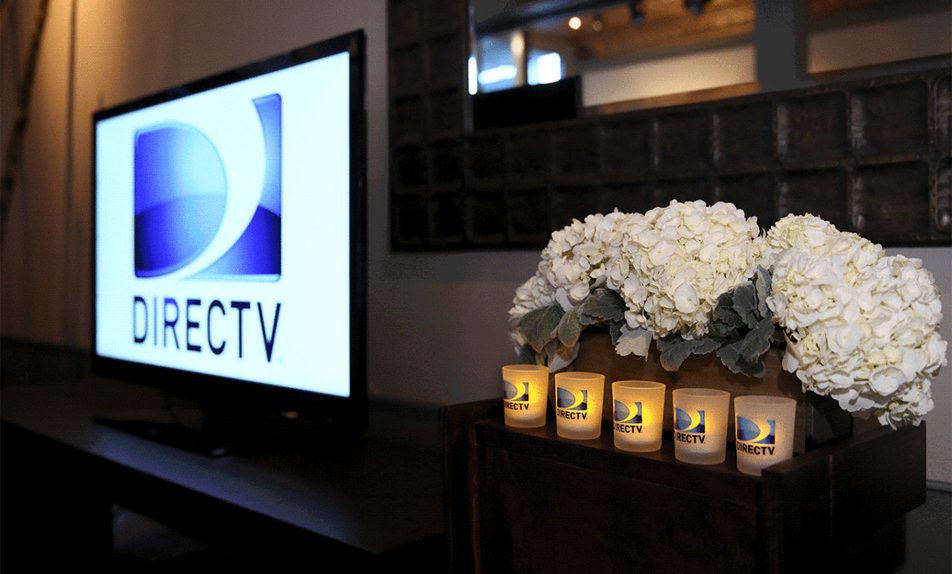On paper, AT&T should be one of the cable companies best-placed to resist cord-cutting. It has its own streaming service, and pushes “triple-play” bundles of internet, TV, and wireless in an effort to keep people loyal. But according to a filing with the Securities and Exchange Commission, things are going badly.
AT&T lost nearly 400,000 traditional cable subscribers last quarter, more than even the most pessimistic forecasts, according to documents filed Wednesday. The company posted a net loss of 90,000 pay TV subscribers, which when you factor in the 300,000 DirecTV Now subscribers added, means that 390,000 traditional TV subscribers jumped ship in just 3 months.
Despite the fact that AT&T picked up a whole bunch of DirecTV Now subscribers at the same time, the speed at which people are abandoning traditional pay TV is going to be a problem. DirecTV Now, AT&T’s surprisingly good streaming service, is $35 a month at full price. That’s already substantially less than the average cable bundle, which is an average of $103 per month. Worse, many of those DirecTV Now subscribers are likely also AT&T wireless subscribers, which means they pay just $10 a month for the service. AT&T is likely losing money on those customers, rather than taking $50 of profit from them every month.
This shows off a serious problem for the industry: even if current cable providers can manage to pivot and dominate the streaming TV market (unlikely), the fact that many streaming services can be bought nationwide introduces serious competition into the pay TV market. There’s a reason all the streaming services from AT&T, YouTube, Hulu, and Fubo are all around that $40-a-month price point: it’s where a provider can offer around 50 channels and still turn a tiny profit. Streaming TV is going to mean cheaper TV, which is fantastic and long-overdue for consumers, but awful for the bottom line of cable TV providers.










